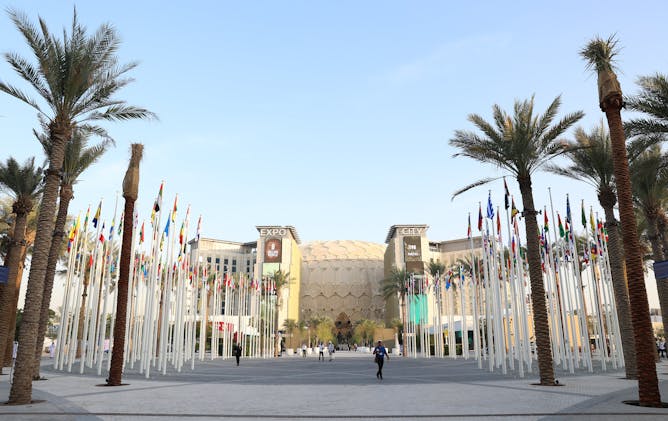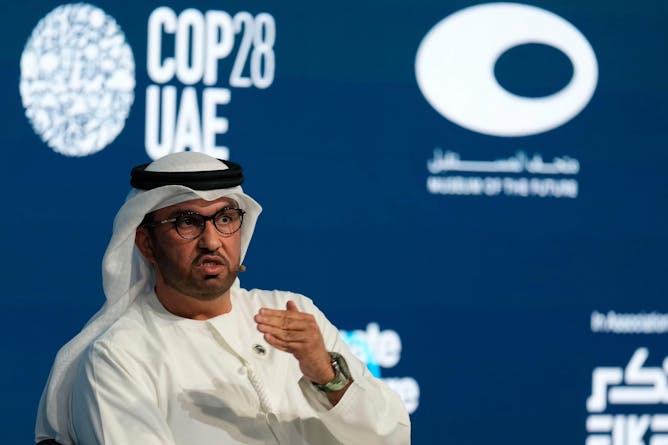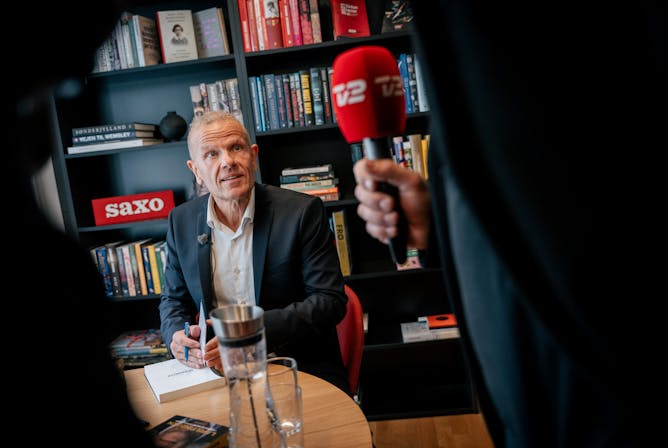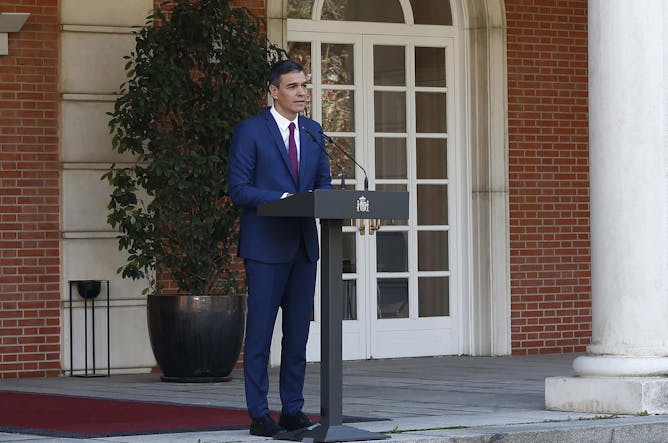|
The notoriously slow pace of UN climate summits has been something to behold ever since the first Conference of the Parties (COP) was held in Berlin in 1995. In fact, when one thinks that, bar a few exceptions, every single delegate from every 197 country-member has to greenlight every draft, rather than the rule of the majority prevailing, it appears miraculous that any agreements have been reached at all.
After global average temperature briefly reached 2C above pre-industrial levels on November 17, heads of state and diplomats have been starting to feel the heat. Can the host of the talks this year – a petrostate minister who has been accused of arranging energy deals ahead of the gathering – inspire the momentum we all need so badly? In truth, the question of his authority may matter less than some make out, according to long-standing COP watcher Jen Allen. On top of the host’s influence, Allen sets out three critical issues to look out for at the Dubai climate summit starting today.
You may have thought Spanish prime minister Pedro Sánchez was reckoning with the political fight of his life this summer after masterfully calling a snap election in July to see off a threat from the right. But the political escape artist will have to jump through yet another set of hoops in the next few months.
If Iberic high-wire acts don’t prove exciting enough for you, check out this story on how Denmark is coming to terms with the biggest spy drama in history.
|

Jen Allan, Cardiff University
A COP regular worries about a conflicted host and a lack of trust.
|

Emilie Rutledge, The Open University; Aiora Zabala, The Open University
UAE will preside over talks to limit climate change – despite revelations it plans oil deals.
|

Clive Trueman, University of Southampton
My team studied bluefin tuna otoliths to learn why some populations are recovering faster than others.
|

Kerstin Bree Carlson, Roskilde University
The curious case of the Danish spy chief and former minister may be over, but key questions about secrecy and democracy remain.
|

Juan Luis Manfredi, Universidad de Castilla-La Mancha
Pedro Sánchez faces a series of challenges after his party’s controversial investiture.
|

Michelle Deininger, Cardiff University
Bernice Rubens won the 1970 Booker prize for her novel, The Elected Member, and is the only Welsh person to have ever won the prize.
|
|
|
-
Ignacio Blanco-Alfonso, Universidad CEU San Pablo; María Solano Altaba, Universidad CEU San Pablo
Children are not equipped to deal with the information overload that comes from using digital devices
-
Francesca Farrington, University of Aberdeen; Justin Borg-Barthet, University of Aberdeen
Anti-SLAPP legislation is being drawn up to protect journalists from being hounded out of reporting on corruption – but agreeing on key definitions is proving difficult.
-
Lucas Berard-Chenu, Université d'Angers; Emmanuelle George, Inrae; Hugues François, Inrae; Samuel Morin, Météo France
By attempting to make themselves less vulnerable to the whims of the weather system, French ski resorts may have replaced one dependency with another.
|
|